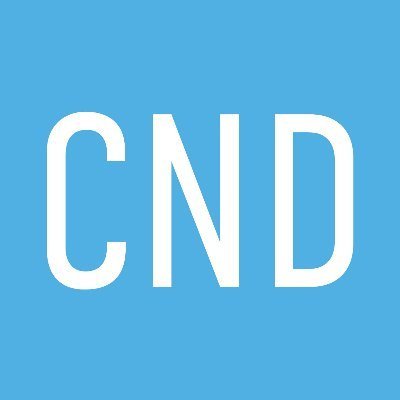
Commission on Narcotic Drugs
COMMISSION ON NARCOTIC DRUGS
The Commission on Narcotic Drugs (CND) was established by Economic and Social Council (ECOSOC) resolution 9(I) in 1946, to assist the ECOSOC in supervising the application of the international drug control treaties. In 1991, the General Assembly (GA) expanded the mandate of the CND to function as the governing body of UNODC. The CND's agenda has two distinct segments: a normative segment for discharging treaty-based and normative functions; and an operational segment for exercising the role as the governing body of UNODC.
The CND is mandated to decide on the scope of control of substances under the three international drug control conventions (1961, 1971 and 1988 Conventions). The CND Secretariat publishes annually updated publications relating to the international drug control conventions, as well as brochures on recent issues, and has developed a number of e-learning tools.
The CND takes action through resolutions and decisions. Member States are asked to report data on the national drug situation through an annual report questionnaire (ARQ).
The Commission holds annual sessions for the duration of one week in the first half of the year reviewing and analyzing the global drug situation, considering supply and demand reduction, as well as one-day reconvened sessions at the end of each year to consider administrative and budgetary matters as the governing body of the United Nations drug programme. The Commission has a maximum number of eight working days for its session, pursuant to Economic and Social Council resolution 1991/39. In order to examine draft decisions, draft resolutions and specific technical issues, a Committee of the Whole is convened concurrently with the annual session of the Commission.
Intersessional meetings of the Commission are convened to finalize the provisional agenda of the Commission; to address organizational and substantive matters; and to provide continuous and effective policy guidance. The Commission also holds informal joint meetings of donor and recipient countries on the planning and formulation of projects, pursuant to its resolution 44/16.
In 2019, the Commission adopted the Ministerial Declaration on strengthening actions at the national, regional and international levels to accelerate the implementation of joint commitments made to address and counter the world drug problem. It works on the follow-up to the same Declaration. In the Ministerial Declaration, Member States resolved to review the progress made in implementing the policy commitments in 2029, with a mid-term review in 2024.
News
2022 Thematic Discussions on the Implementation of All International Drug Policy Commitments, Following-up to the 2019 Ministerial Declaration
Multiyear Workplan 2019-2023: Implementation of all our international drug policy commitments, following up to the 2019 ministerial declaration “Strengthening Our Actions at the National, Regional and International Levels to Accelerate the Implementation of our Joint Commitments to Address and Counter the World Drug Problem”
19 Sep, 2022
Responding to drug-related challenges in the cyberspace: Vulnerabilities and opportunities to engage civil society
Location: MS Teams 17 Mar 2022, 13:10 - 14:00 (GMT+1)
13 Mar, 2022
Cross-cutting Evidenced-based Interventions on Drugs and Crime in Africa for the Implementation of UNODC Strategic Vision for Africa
Location: Zoom 16 Mar 2022, 12:00 - 12:50 (GMT+1)
13 Mar, 2022
65th session of the Commission on Narcotic Drugs
Vienna, Austria,14-18 March 2022
13 Mar, 2022